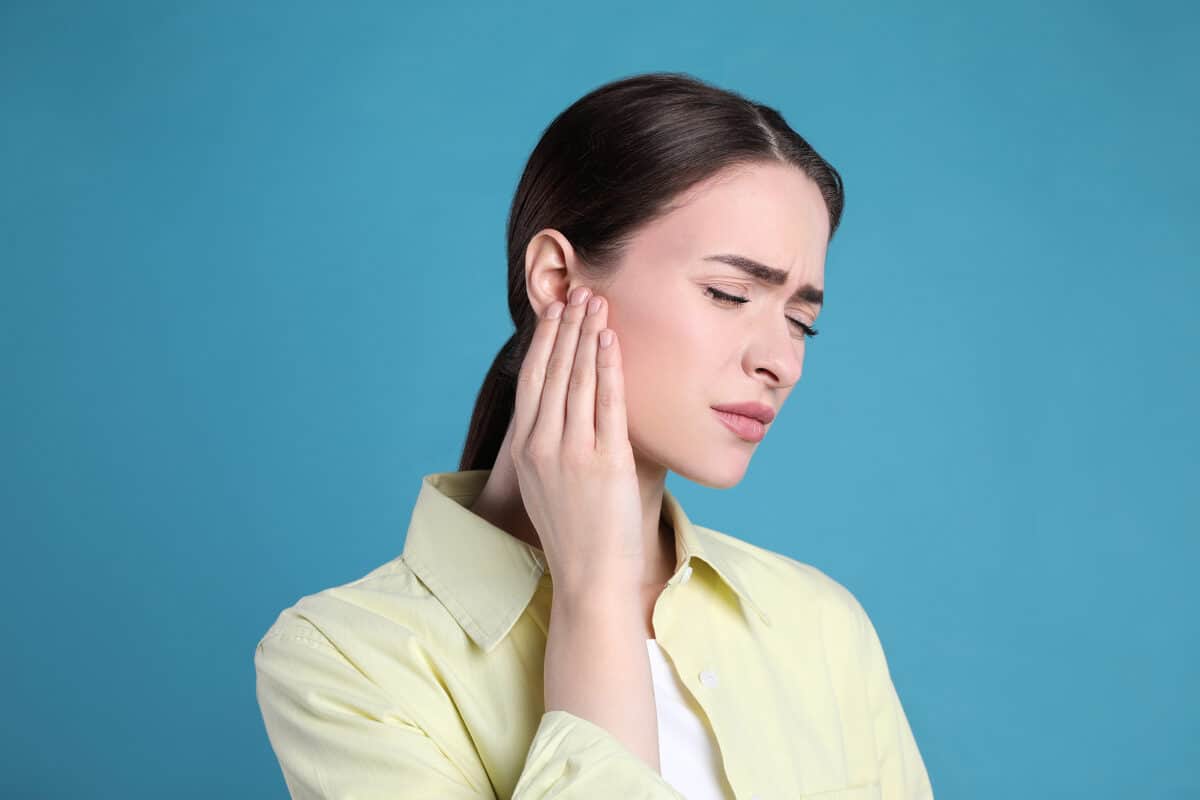- Volunteering for Hearing Health Causes - May 27, 2025
- Questions to Ask During Your Hearing Health Appointment - May 16, 2025
- Exploring Alternative Therapies for Hearing Loss - May 6, 2025
November is American Diabetes Month and to celebrate, let’s learn more about diabetes and hearing loss. Over 37 million Americans are living with diabetes. Hearing loss is twice as common in those with diabetes compared to those without diabetes.
Diabetes
If you or someone you know has diabetes, you may already be aware of the importance of controlling blood sugars. With type 2 diabetes, the pancreas doesn’t make enough insulin to control the body’s blood sugar levels on its own. Therefore closely monitoring blood sugar and treating any high or low levels are critical. High blood sugar, or hyperglycemia, is treated with insulin. Low blood sugar, or hypoglycemia can be treated with high-sugar drinks or food.
What Causes Hearing Loss in those with Diabetes?
While the exact link between diabetes and hearing loss is unknown, diabetes is known to lead to many other significant complications. Long term effects of diabetes can include heart and kidney disease as well as vision and hearing loss.
We do know that a long term impact of diabetes is damage to the small blood vessels and nerves throughout the body. It is thought that this may be the connection to hearing loss as well.
Sensorineural hearing loss, or hearing loss that occurs in the inner ear, is the most common type of hearing loss. If diabetes is the cause of your hearing loss, this would most likely be the type you are experiencing. Sensorineural hearing loss can also be caused by age, noise exposure, medications, and other diseases. It is often considered to be permanent and can be different in each ear.
Signs and Symptoms
While it may seem like noticing hearing loss is obvious, you might be surprised to learn that hearing loss often goes undetected for years. Hearing loss from diabetes tends to happen gradually and slowly over time. With no sudden, major changes to your hearing, it may take longer to realize it’s changed at all. Below are some of the most common signs and symptoms of hearing loss.
- Can’t understand- A statement often made by those experiencing hearing loss is “I can hear you, I just can’t understand you”.
Asking others to repeat themselves- You might notice yourself needing to ask more, but more likely others will notice and point this out to you. - Withdrawal from social interactions- Everything from phone conversations and family gatherings to doctor’s appointments can be made more difficult when communicating becomes harder. When that happens, we tend to avoid those scenarios that are tiring, leading toward a kind of self isolation.
- Comments on volume of TV or radio- Again, you might notice this, but more likely a family member or friend will comment on your television or car radio being too loud for them.
Prevention of Hearing Loss in those with Diabetes
With diabetes, close monitoring and control are vital to preventing further complications from the disease. By closely monitoring your blood sugars and keeping them in the recommended range, you can help to minimize damage to the small vessels and nerves in the body. In addition to blood sugar management, below are some steps the CDC recommends to take in order to help control your diabetes.
- Eat healthy- After your diabetes diagnosis, watching what you eat becomes even more important. Meeting with a dietician can help you develop meal plans and grocery shopping lists that will make eating healthier become second nature.
- Increase activity levels- There are endless benefits to increasing your activity levels. For those with diabetes, it can actually make your cells more sensitive to the insulin your body is producing, making less insulin needed by injection.
- Get hearing checked regularly- Even with no signs or symptoms of hearing loss, obtaining a baseline hearing test, or audiogram, is always a good idea. If you ever do develop hearing loss, this will help treatment, likely in the form of hearing aids, get you back to your exact baseline.
- Reduce loud noises- Noise exposure protection is a good plan for everyone, but especially for those with diabetes who are more likely to develop hearing loss.
If you have diabetes, schedule an appointment with a hearing health provider to gather more information about hearing loss.

